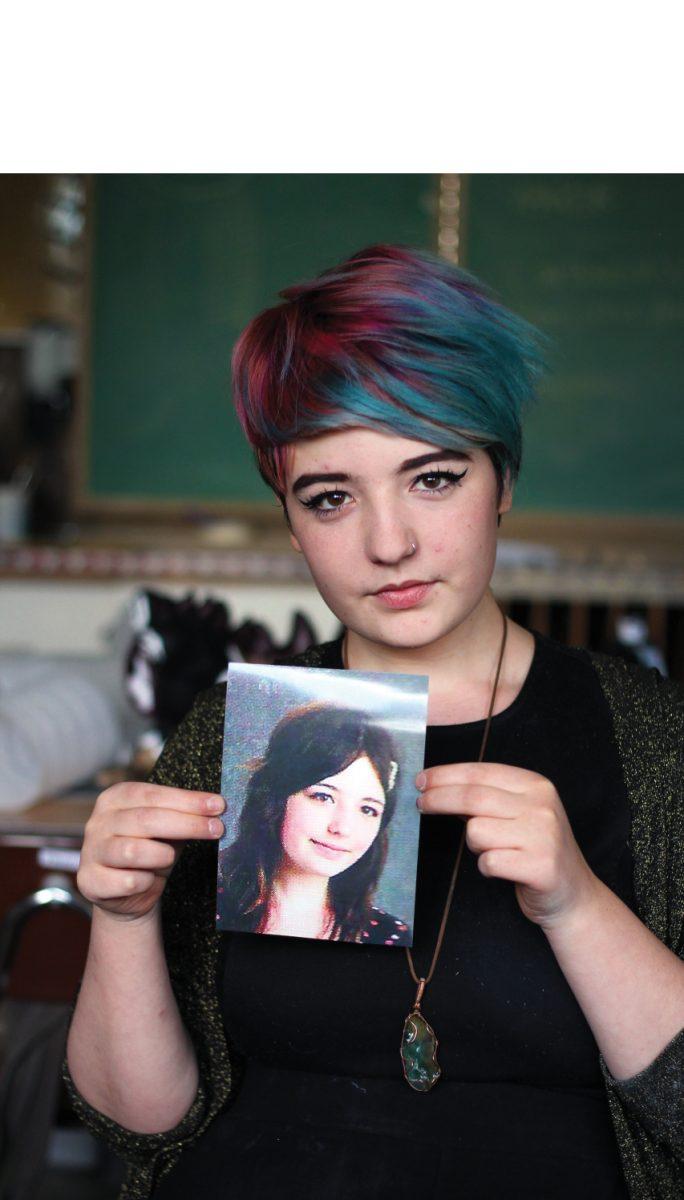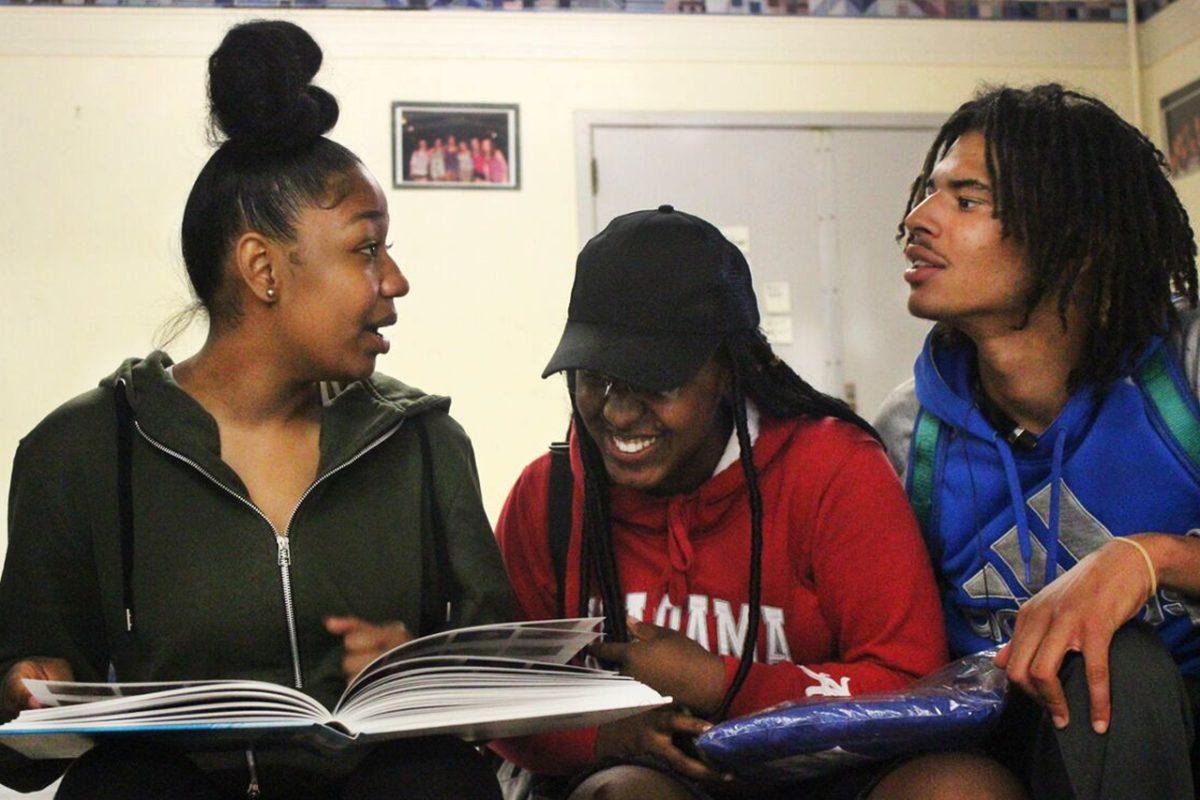 The 2015-16 school year has proven to be one of the most socially active times regarding civil rights issues at Grant and across the nation.
The 2015-16 school year has proven to be one of the most socially active times regarding civil rights issues at Grant and across the nation.
Transgender rights are at the forefront of national consciousness with the passage of North Carolina’s discriminatory House Bill 2.
The law prevents transgender people from using the bathrooms that correspond with their gender.
America’s discomfort with race relations remains in the national spotlight as police brutality continues to threaten the lives of young black men across the country.
And climate change is continuing at a fast pace, forcing the world to look at how it deals with pollution.
While many of these topics have stirred controversy and varied opinions abound, the one thread that ties all these things together is the impact on the next generation.
So who is the next generation? By definition, it’s all of us. Though people rarely look to high school students for answers on the grandiose issues that have the potential to impact our future, maybe they should.
The “high school student” moniker that is inherently tacked onto us leaves expectations low and impressions less than positive.
So for the more-than-300 Grant High School graduates stepping out of the role of “high school kid” and into adulthood, a new weight has fallen on your shoulders.
You’re going to be the people casting votes, paying taxes and representing the next generation.
We exist as the most racially diverse, gender fluid and sexually open generation in history. Because of what’s in store for us, social justice is inevitably going to be part of that representation.
For the graduates, you have an opportunity to continue to make some big strides in social change. At Grant, that groundwork has been firmly laid.
Student government hosted Speak Out Week which culminated in a school-wide assembly focused on LGBTQ issues. And the student equity team – with support from the administration – helped plan two school discussions specifically on how racism impacts the Grant community.
At Grant Magazine, we devoted the entire March 2016 issue to exploring the history and meaning of the N-word.
This year, we’ve covered the impact of Measure 11, written about the lack of knowledge around transgender students, brought to light how classism infiltrates the school cafeteria and highlighted how there’s a scarcity of women in the science classes at our school.
We’ve learned a lot about taking a more socially active approach to some of the topics we cover. We’ve had conversations in class that make us all stiffen and covered stories about issues that would be easier to leave at arms length.
And when those stories hit, we’ve watched the student body tense up, as if some big collision was about to happen.
It’s a reaction I am familiar with myself.
Coming to Grant three years ago, I wasn’t aware of issues of race, gender and class; they seemed far away and irrelevant to my daily life. I described myself as progressive but chose not to recognize the role I played in a society that oppresses some and lifts up others. I pushed any doubt I had to the back of my head and refused to think about it.
The reality is that these issues are not ours to let go. These problems cannot simply be pushed to the wayside because they will be constants through our entire lives.
Sexism, racism, classism, homophobia – these forms of oppression will only be perpetuated if we choose to keep overlooking them.
I’ve learned through my own experiences that the key to addressing these topics is through conversation and self-reflection. These moments of introspection are difficult, complex and uncomfortable.
But, at the end of the day, they are vital in making the changes necessary.
This year has been a preview for what lies ahead. The strides Grant has made prove there are few things more important – and that can have as much of an impact – as when students speak up with one voice.
For the seniors embarking on their next chapter, carry this with you: You have now transcended the “high school student” label.
From this moment on, you are the poster children for the next generation. You are the future.
It’s on you to self-reflect and have those difficult conversations. And as the future waves of high school students inhabit the halls of Grant, know that they are looking to you to lead by example.
As the next generation, it is your responsibility to create change. ◊












































